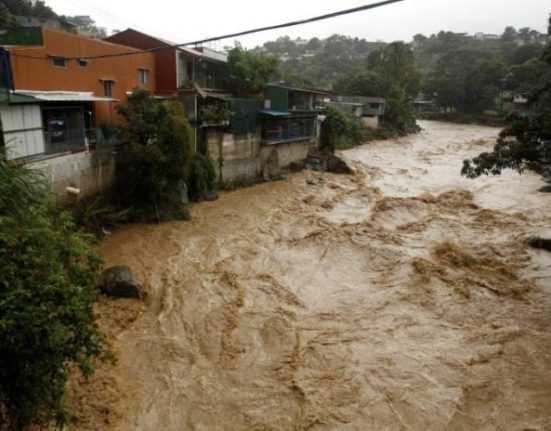Nigeria is among the countries grappling with surge in cholera infections, with the World Health Organization (WHO) reporting a significant number of cases. According to the latest data from WHO, Nigeria recorded 1,227 cholera cases and 28 deaths between January and March 2025, placing it among the hardest-hit nations in the African region.
The African continent remains the most affected by the cholera outbreak, with a total of 66,689 reported cases and 1,336 deaths across 17 countries. Nigeria’s contribution to this figure is substantial, highlighting the country’s ongoing battle with the disease. Globally, more than 116,000 cholera cases and over 1,500 deaths have been documented in the same period, underscoring the widespread nature of the outbreak.
The WHO’s latest situation report indicates that while there was a slight decrease in new cholera cases and deaths globally in March 2025—32,985 new cases and 517 deaths were reported—the overall figures still reflect a concerning trend. The decline is seen as part of the seasonal variations in cholera transmission, though experts caution that underreporting, particularly in conflict zones like the Democratic Republic of the Congo, may lead to even higher actual numbers.
The African region continues to register the highest number of cases globally, followed by the Eastern Mediterranean and South-East Asia regions. South Sudan is the hardest-hit country in Africa, with a staggering 29,050 cases and 502 deaths. The Democratic Republic of the Congo follows with 15,785 cases and 297 deaths, while Angola has reported 9,785 cases and 383 deaths. Other affected countries include Ethiopia, Ghana, Mozambique, and Tanzania, with notable outbreaks also reported in Zimbabwe, Zambia, Togo, Uganda, and Burundi.
Despite a slight decrease in cases, WHO warns that the overall cholera situation remains precarious due to various factors, including ongoing conflicts, poor sanitation, and inadequate healthcare infrastructure. These issues, particularly in rural and flood-prone areas, contribute to the spread of cholera, which thrives in environments where water sources are contaminated, and access to medical care is limited.
The Nigeria Centre for Disease Control and Prevention (NCDC) also reported a concerning rise in suspected cholera cases last year. As of October 2024, the NCDC had recorded 14,237 suspected cholera cases across 36 states, resulting in 378 deaths. A total of 339 local government areas in Nigeria have been affected by the disease, further underlining the gravity of the public health challenge.
The increase in cholera outbreaks worldwide is being attributed to a combination of factors, including climate-related disasters, ongoing conflicts, and poor sanitation. As the global health community continues to battle this ongoing public health crisis, WHO urges governments to strengthen disease surveillance systems, improve water, sanitation, and hygiene (WASH) infrastructure, and provide timely medical care to affected populations.







